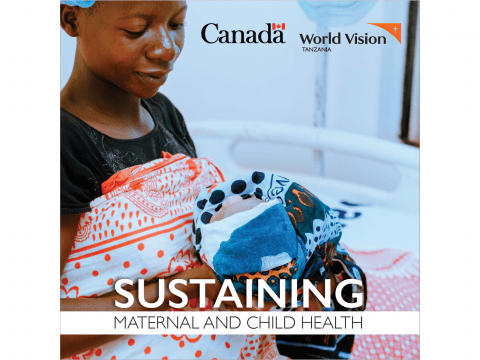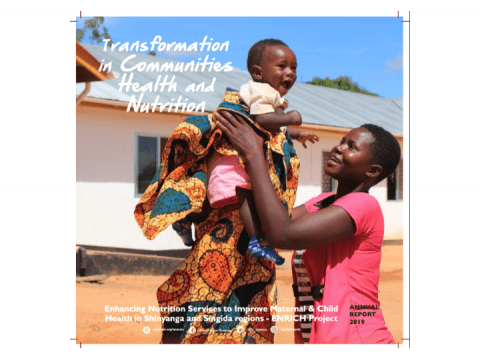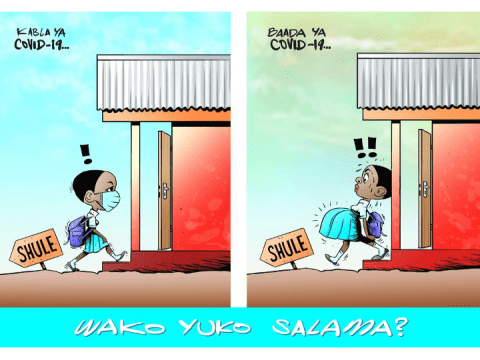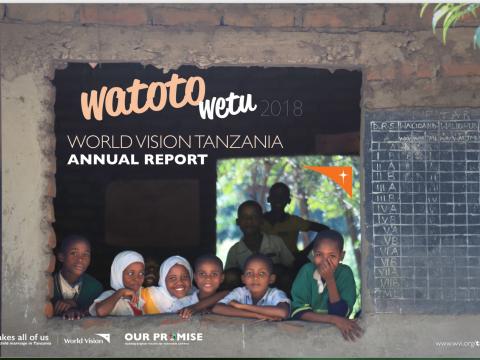Tanzania Country Strategy 2021-2025
Descargar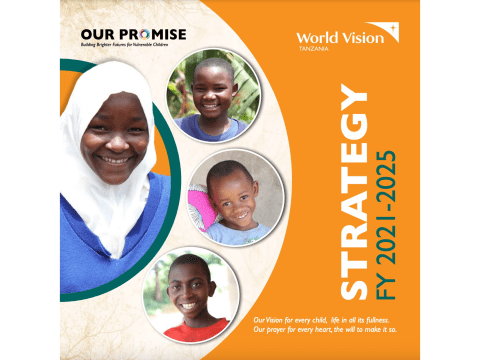
Tanzania achieved lower-middle income country status on July 1st 2020. However, the country’s economic growth is not guaranteed to produce a direct impact on the well-being of the most poverty-impacted and vulnerable people (World Bank, 2000). For example, the 2019 Tanzanian Mainland Poverty Assessment noted that, despite sustained economic growth and a persistent decline in poverty, the absolute number of poor people increased from 13 million in 2007, to 14 million in 2019.
The same assessment concludes that for every four Tanzanians who moved out of poverty, three fell into it. Many Tanzanians who live just above the poverty line are at risk of slipping below it. Beyond the persistent gaps between urban and rural areas, there are also substantial disparities in the distribution of poverty across geographic regions (World Bank, 2000).
It is in this socio-economic context that World Vision has developed our new strategy for Tanzania. Through our long term commitments to our Area Programmes (APs), World Vision is able to ensure that effective community engagement and partnership development are at the core of our strategy. World Vision will continue partnering with communities, the Ministry of Health, Community Development, Gender, Elderly and Children (MHCGEC) and other Government of Tanzania agencies, donors, community-based organisations (CBOs), non- governmental organisations (NGOs) and private sector companies in delivering services to vulnerable children.
During the period of this strategy, World Vision aims to contribute to the improved and sustainable well-being of 3.2 million children.
